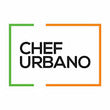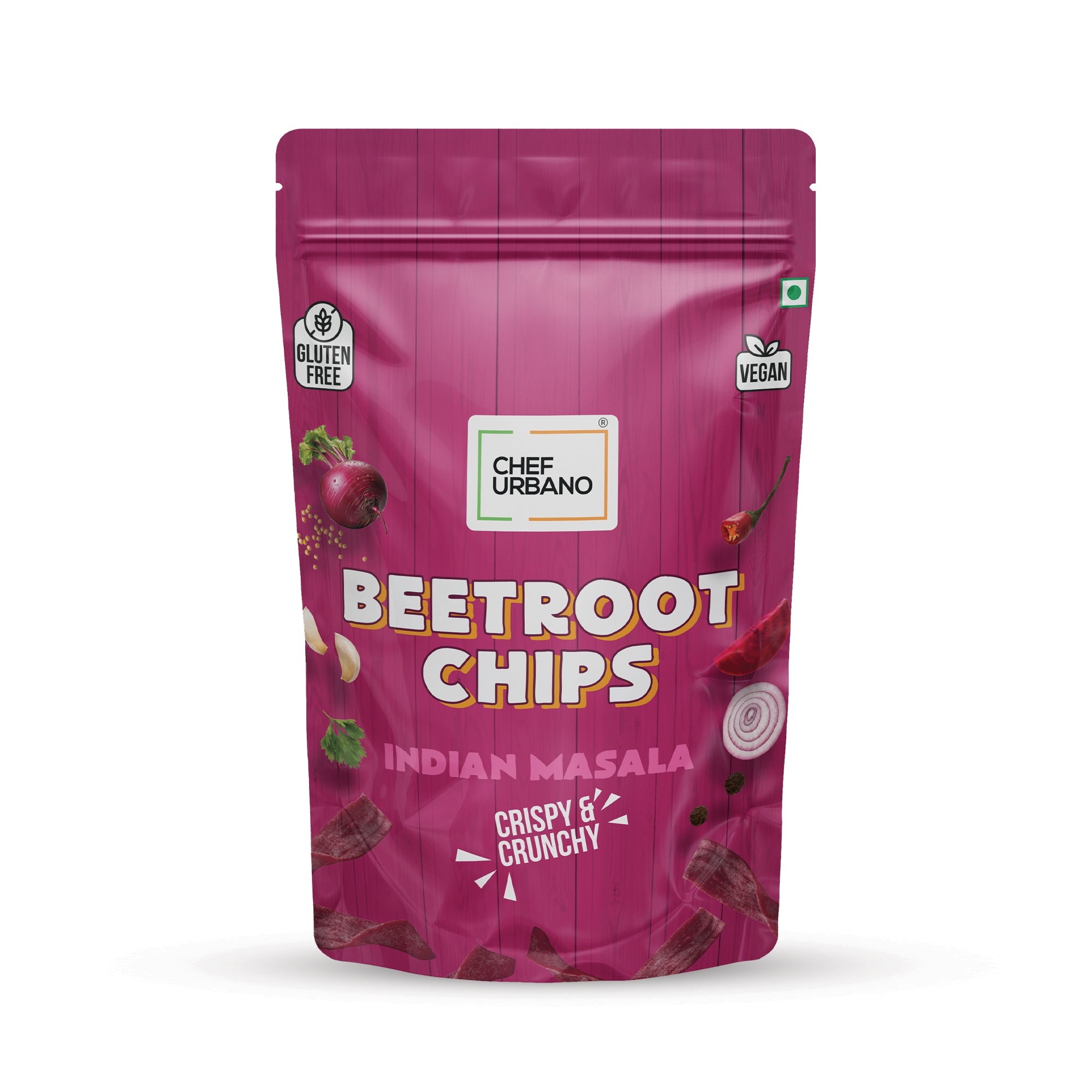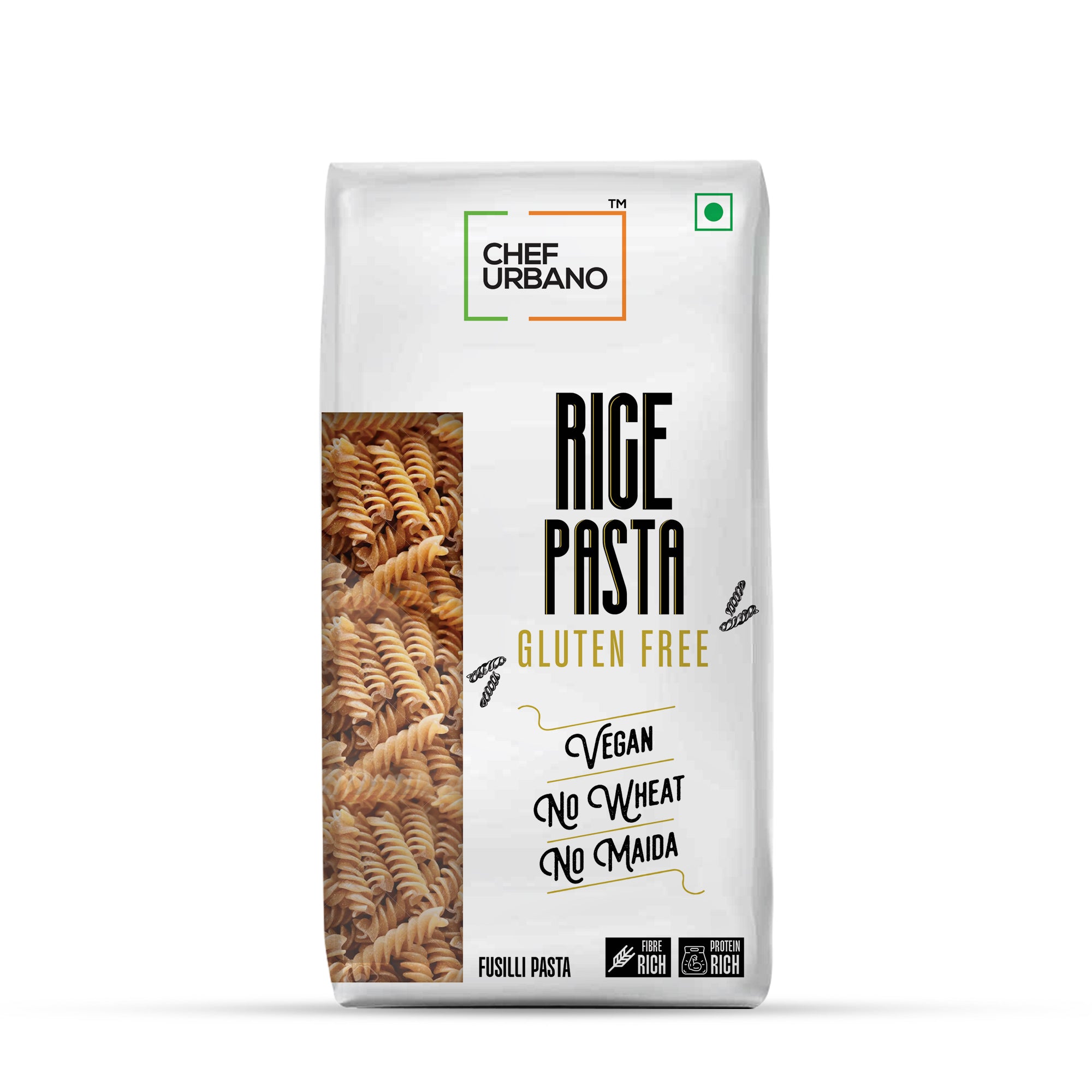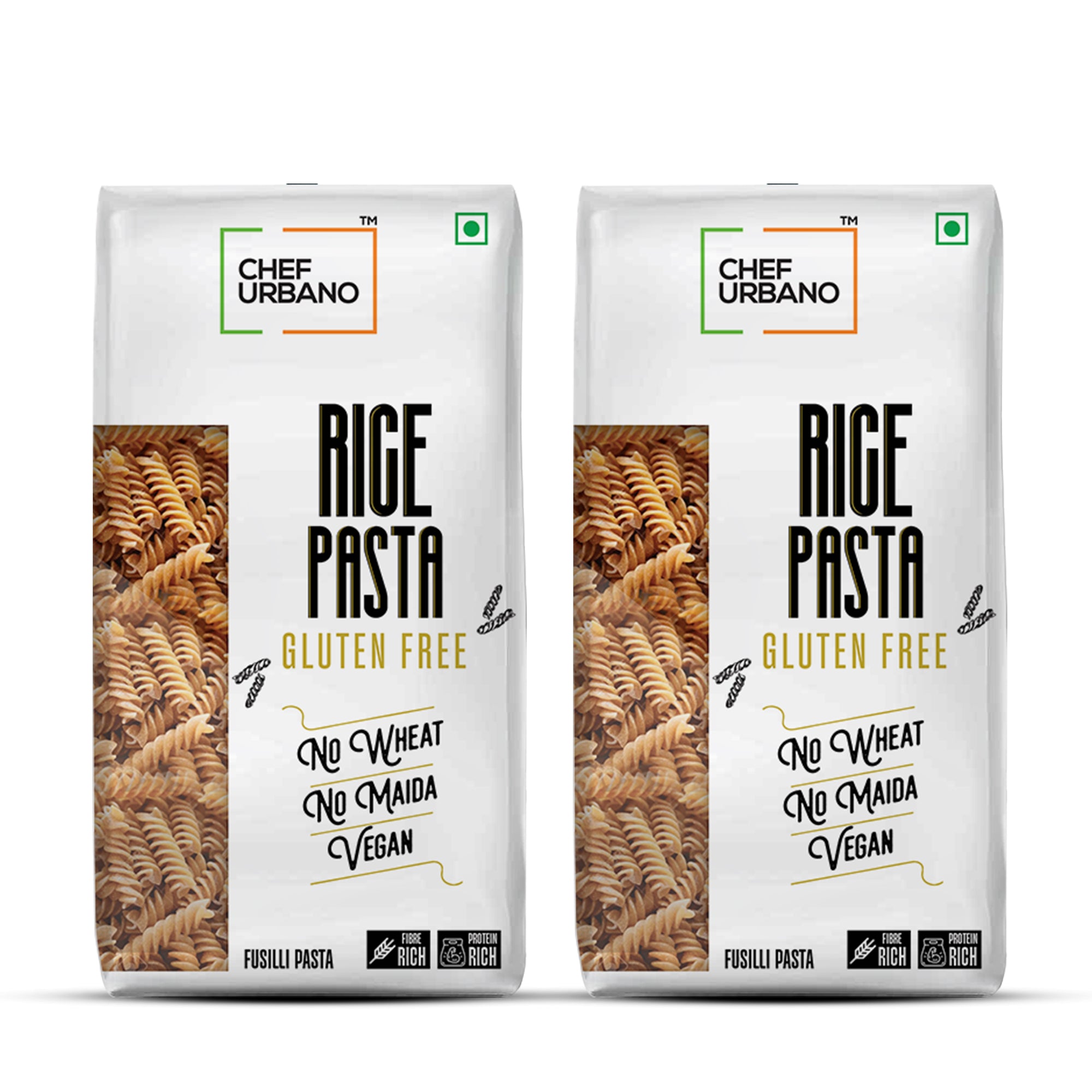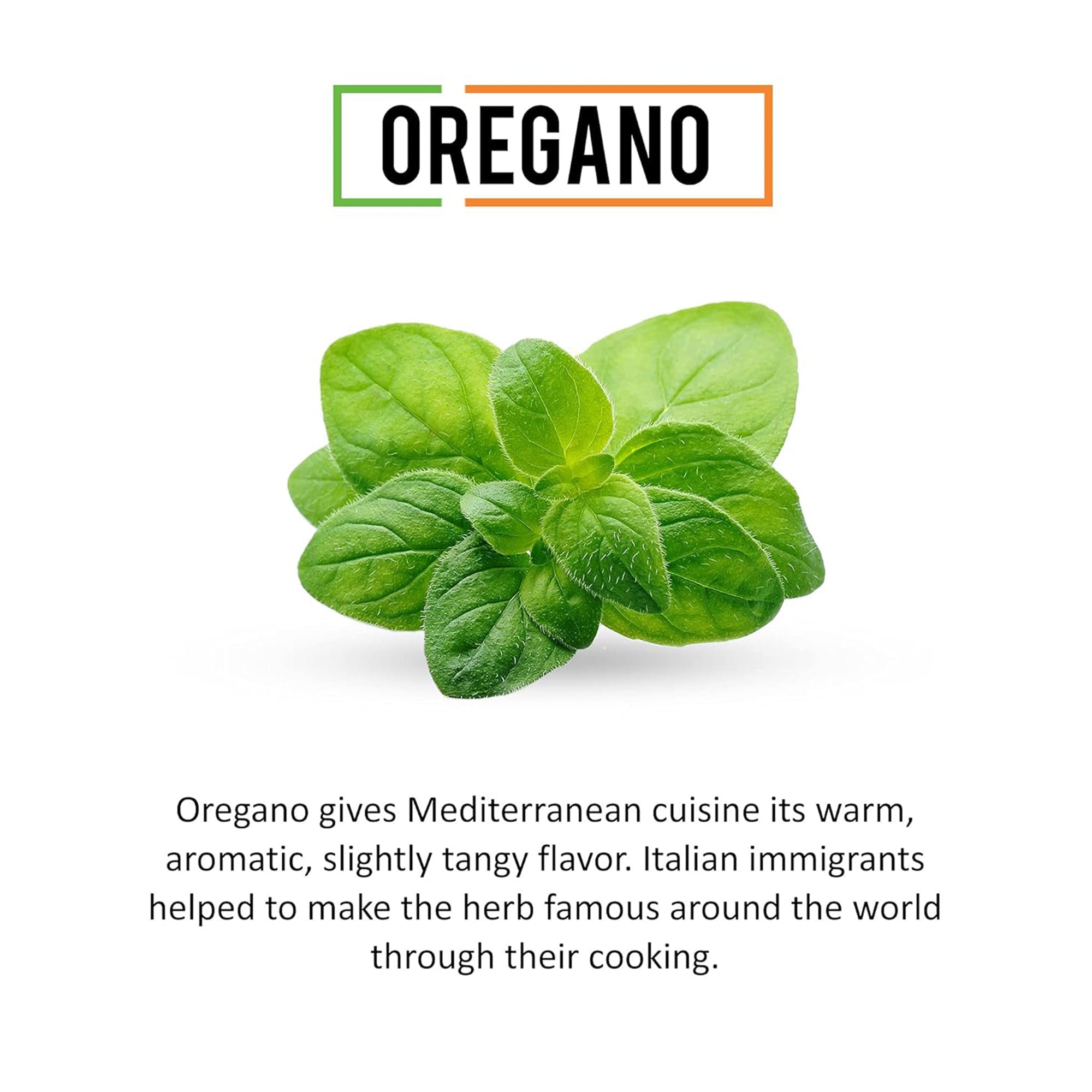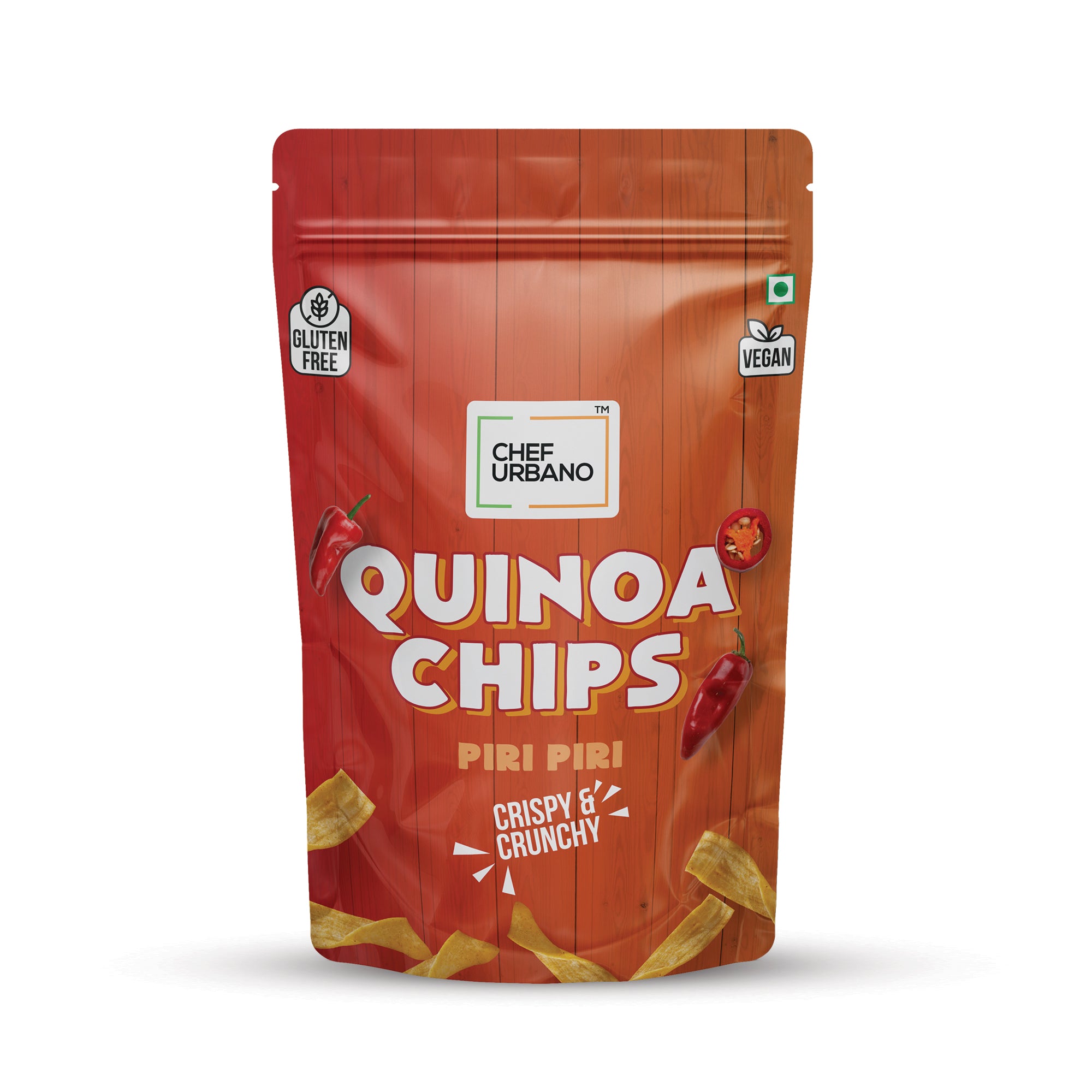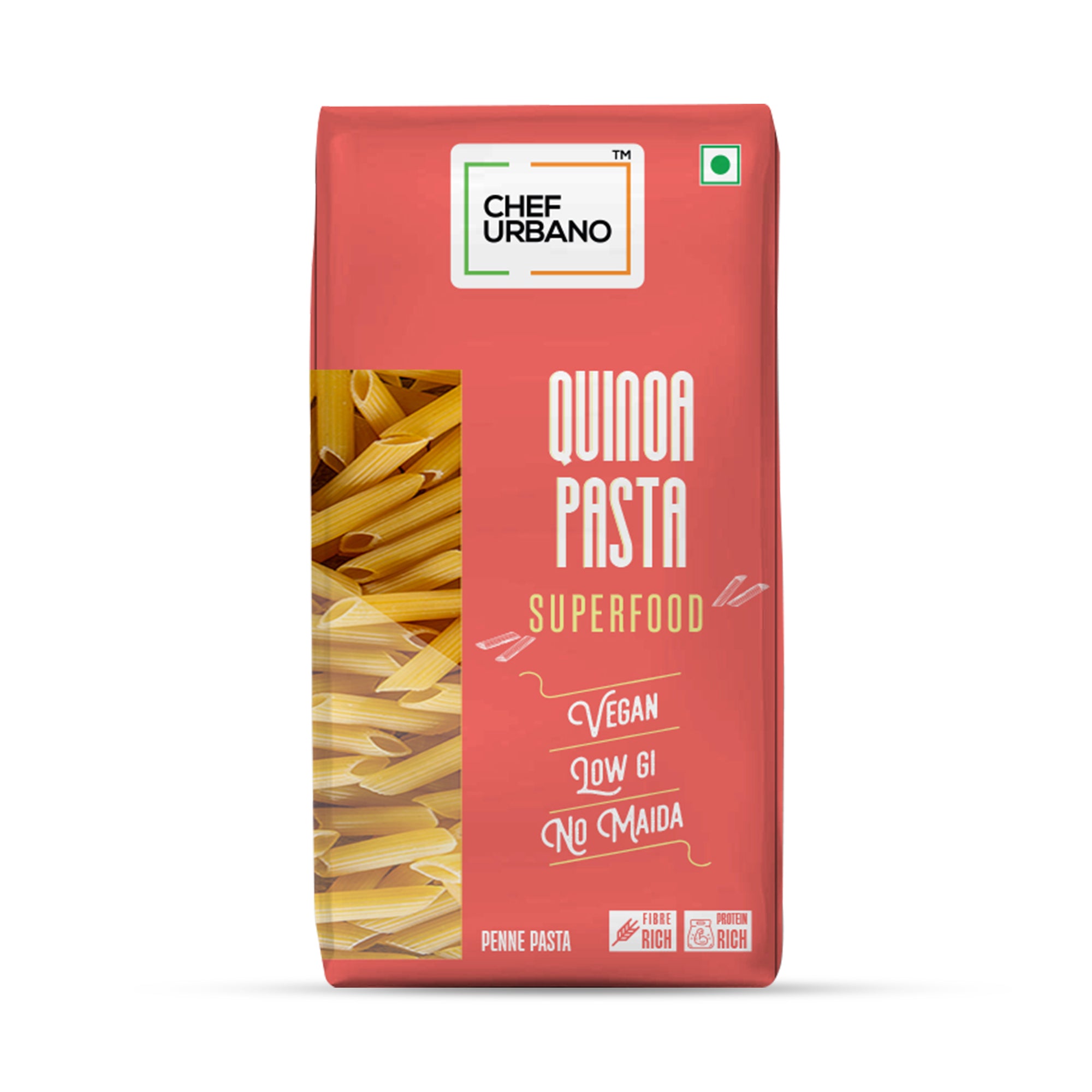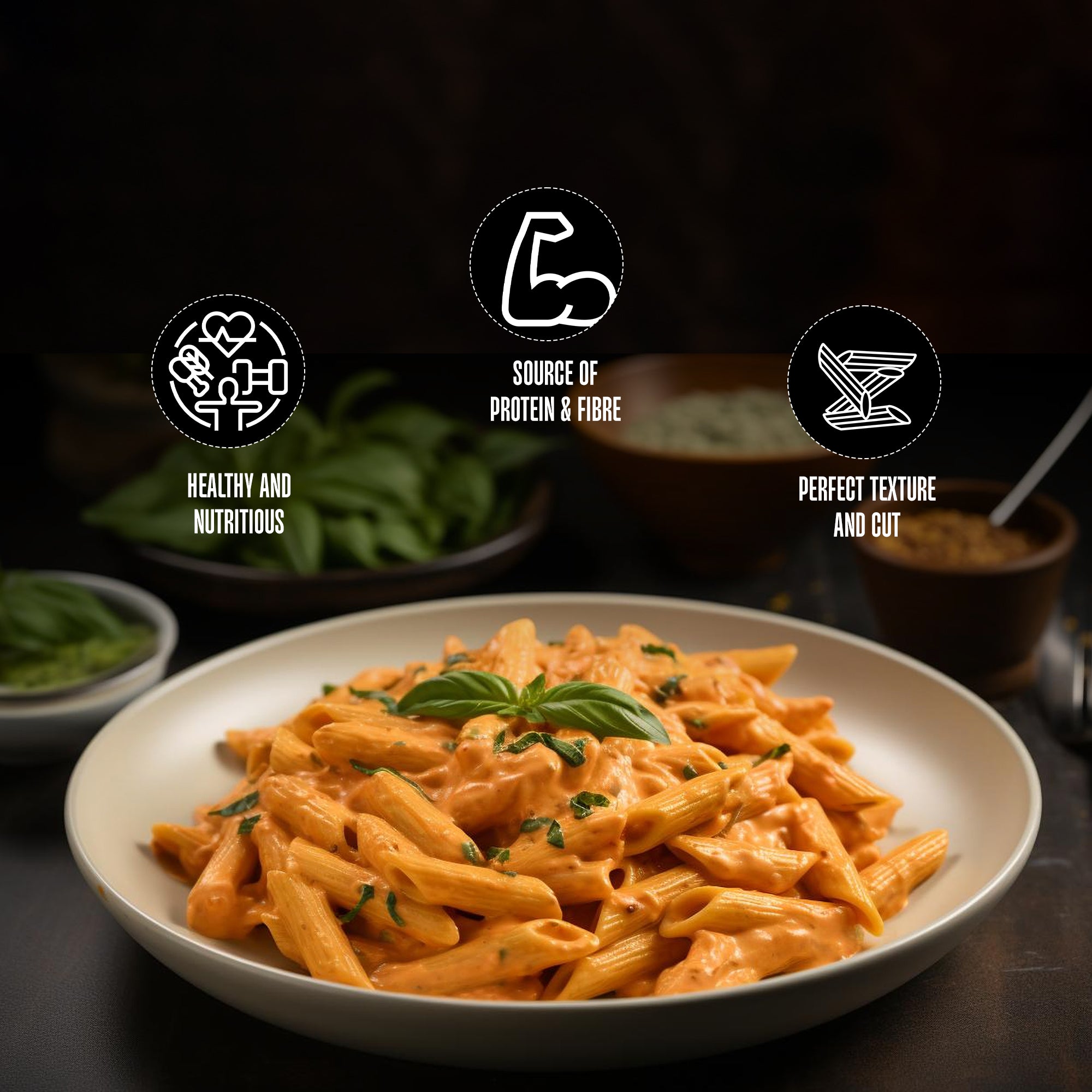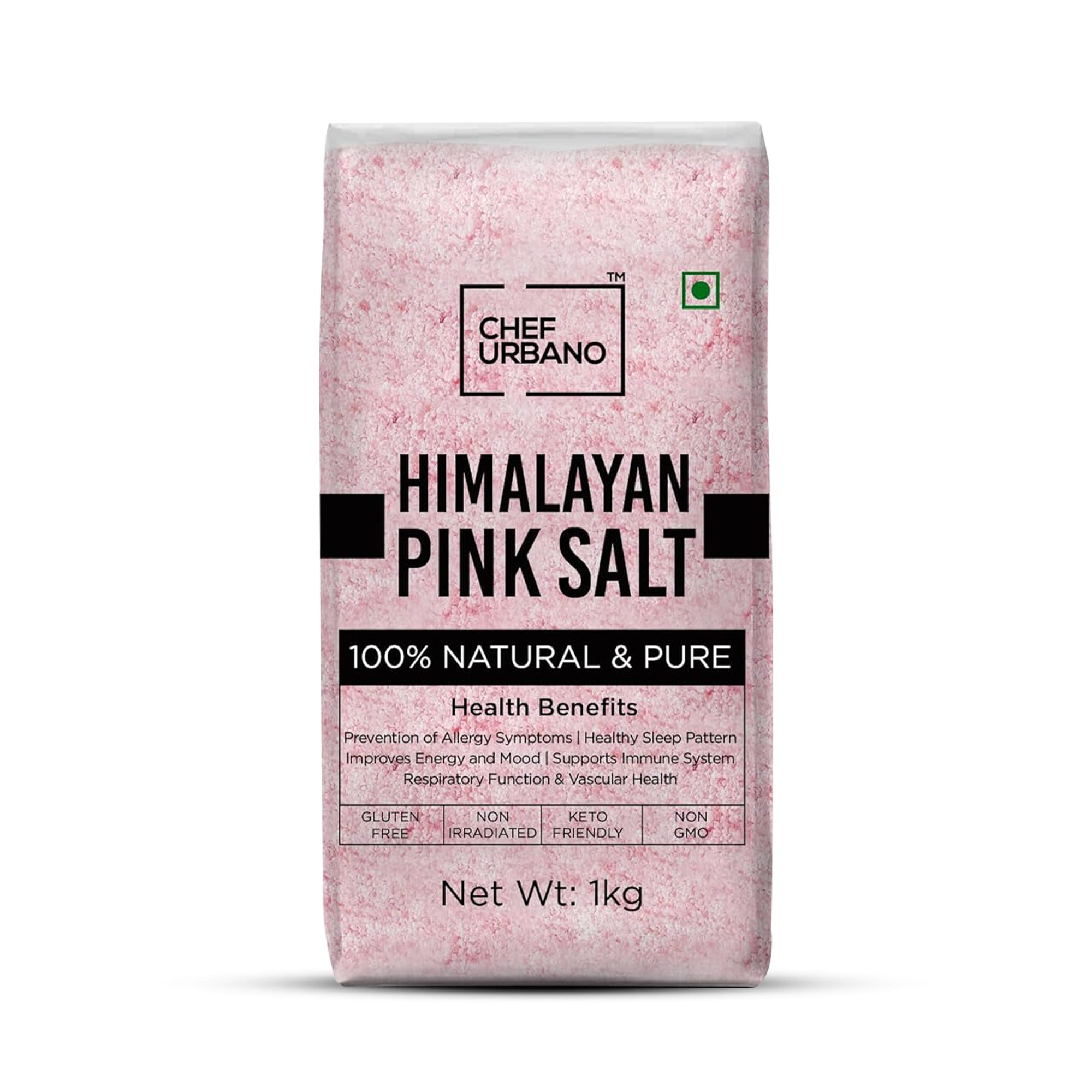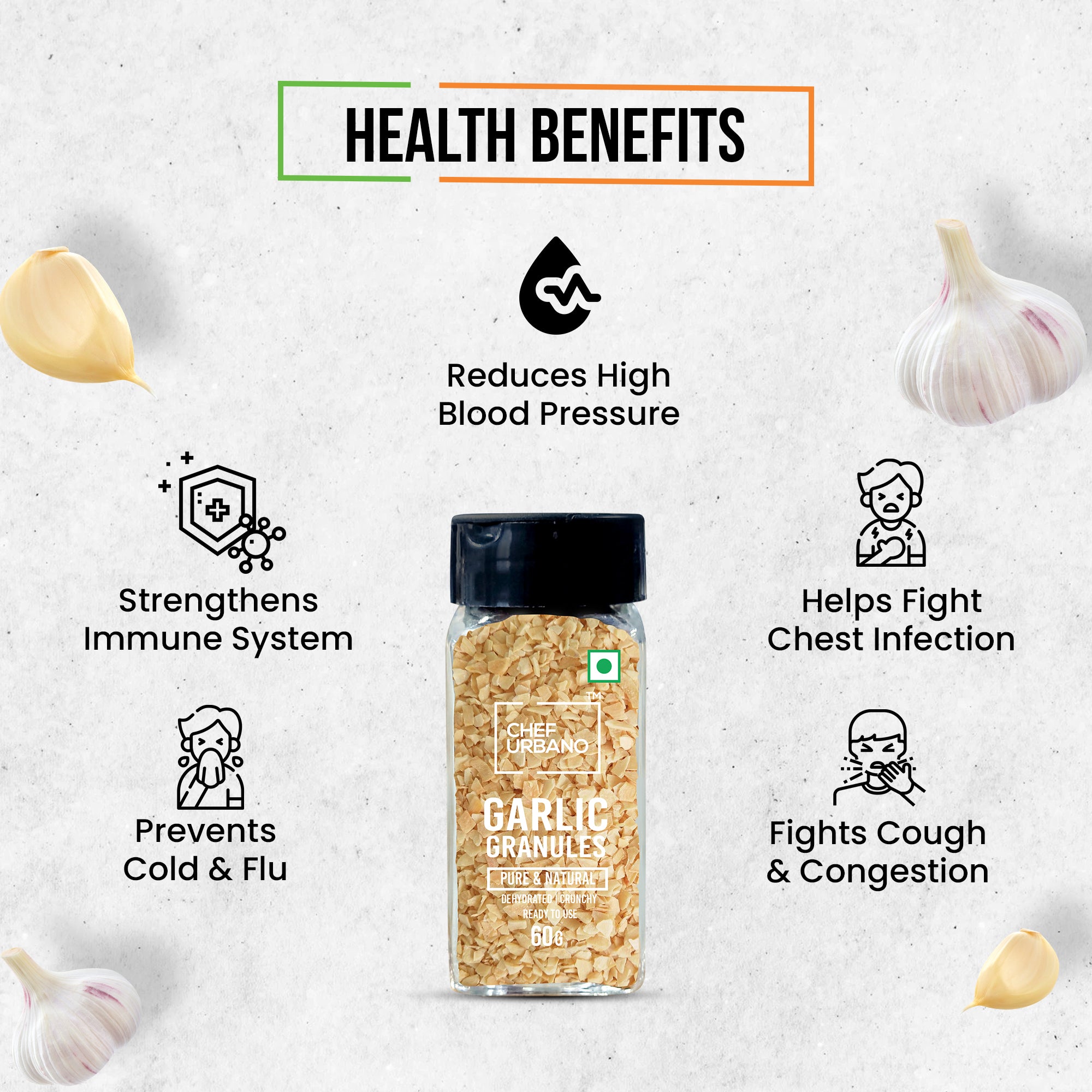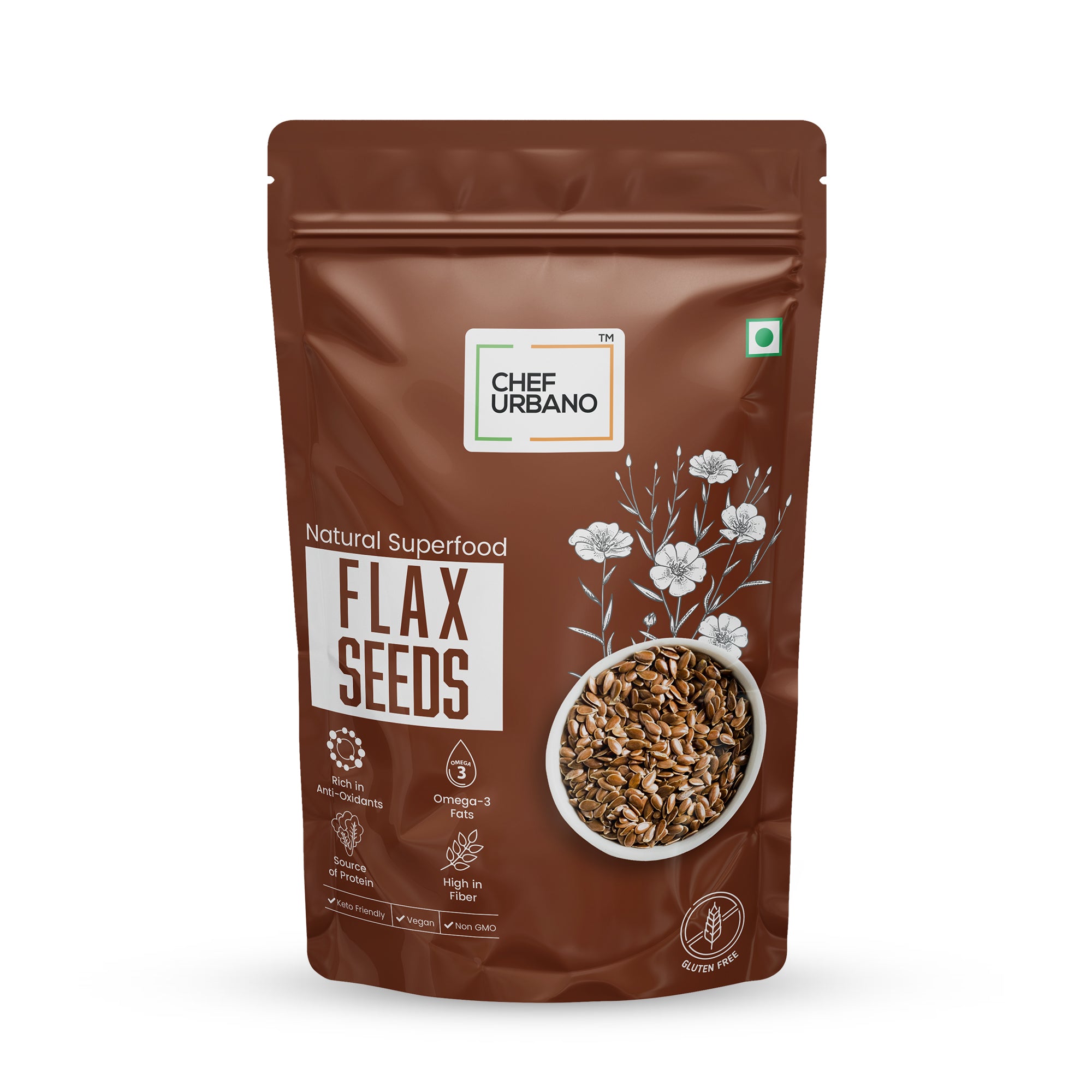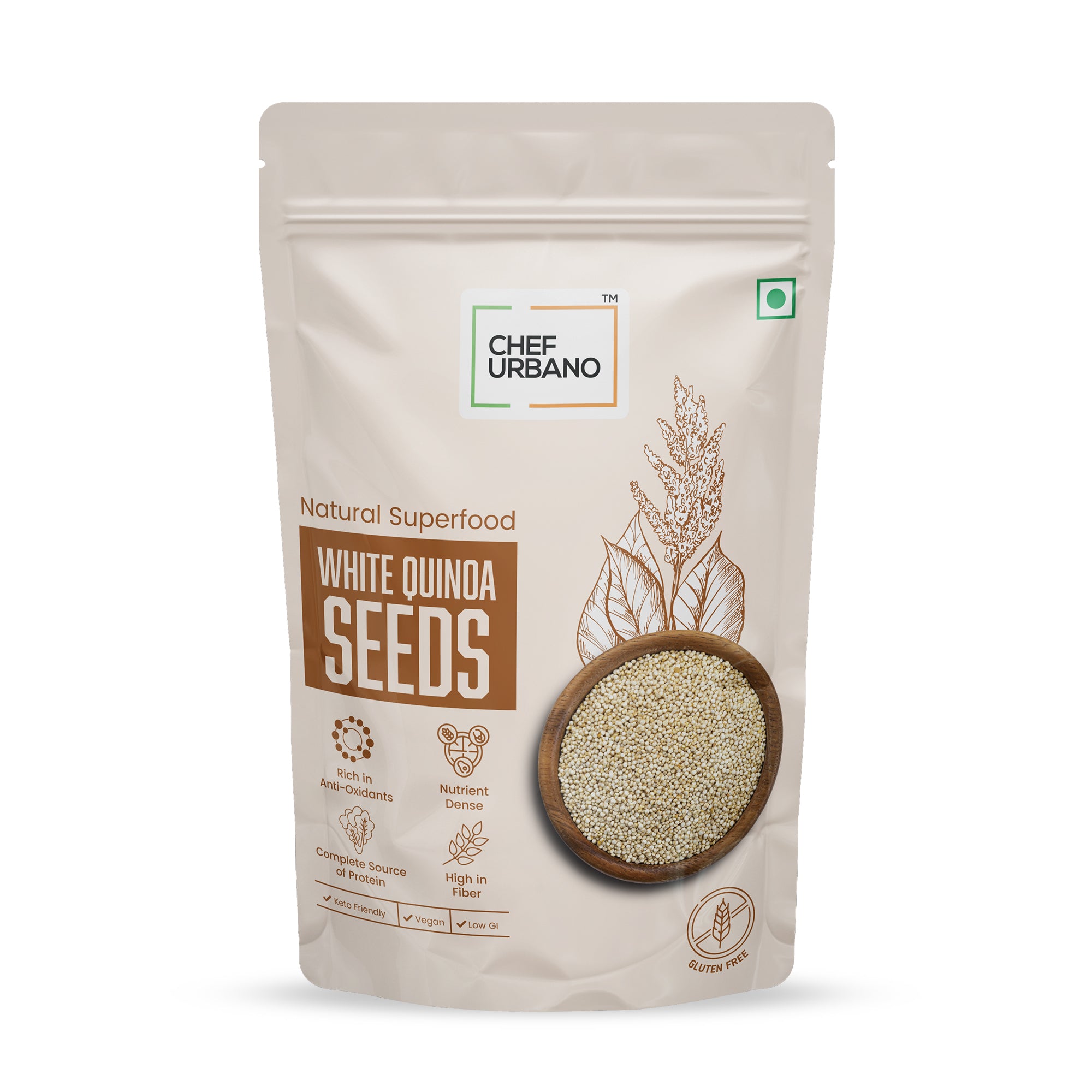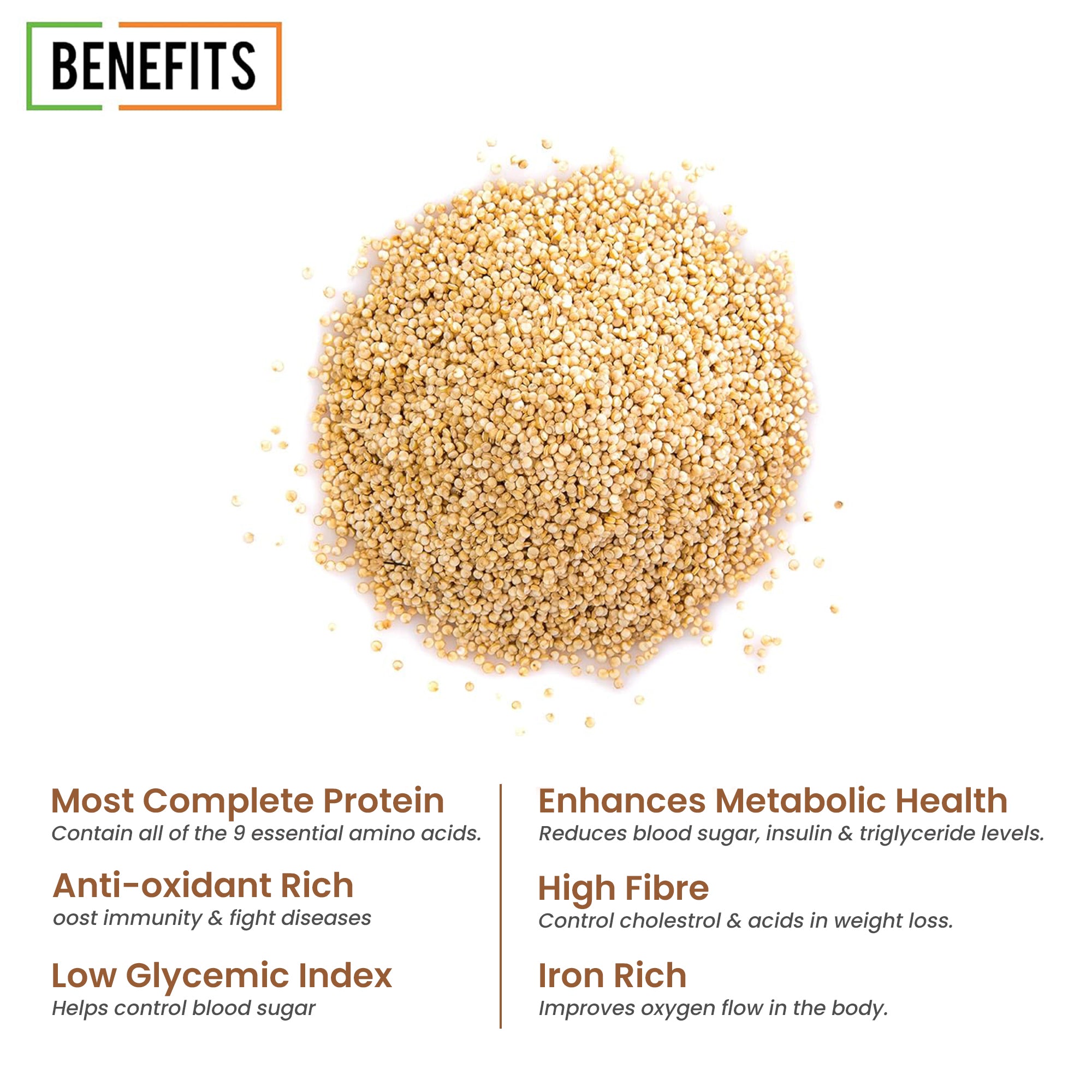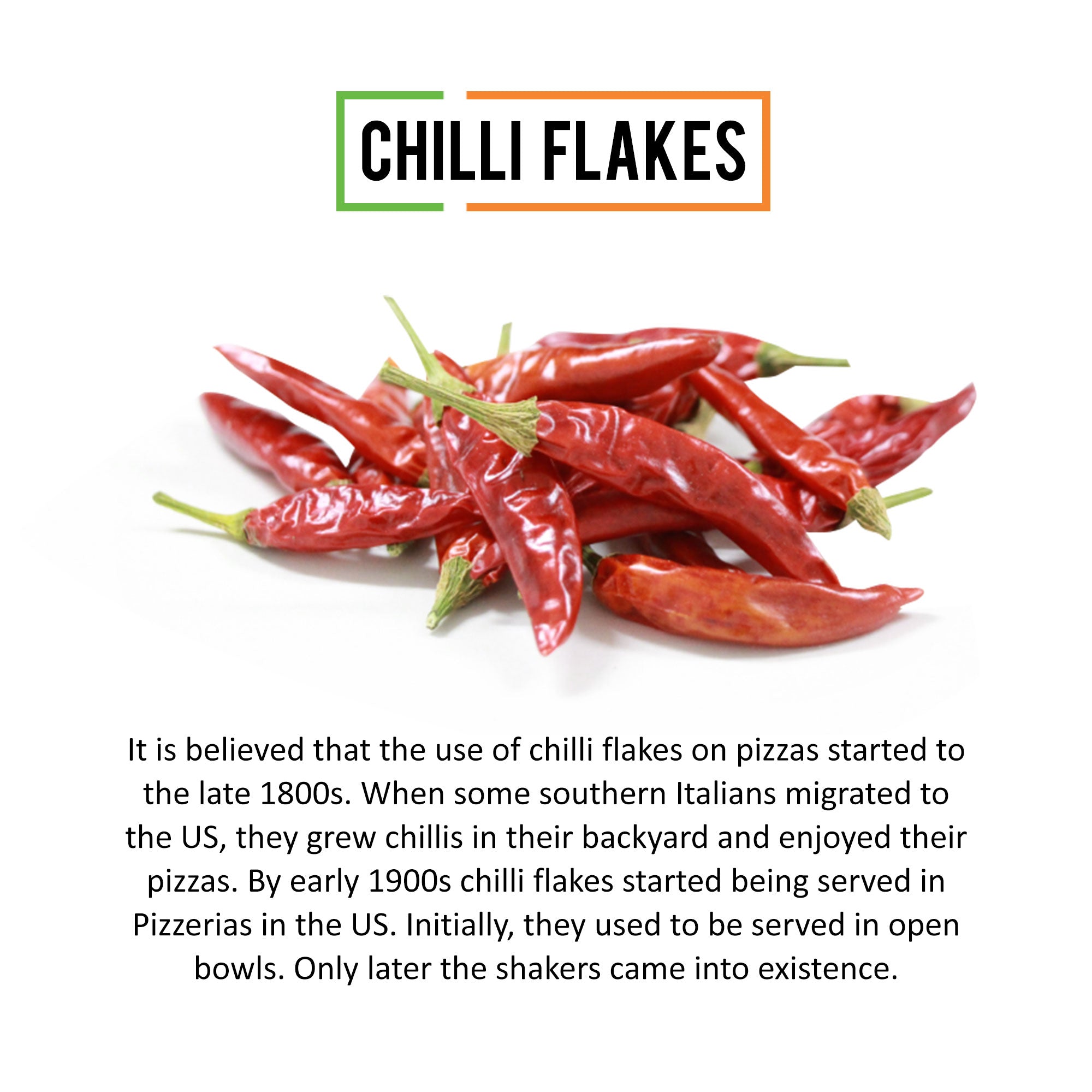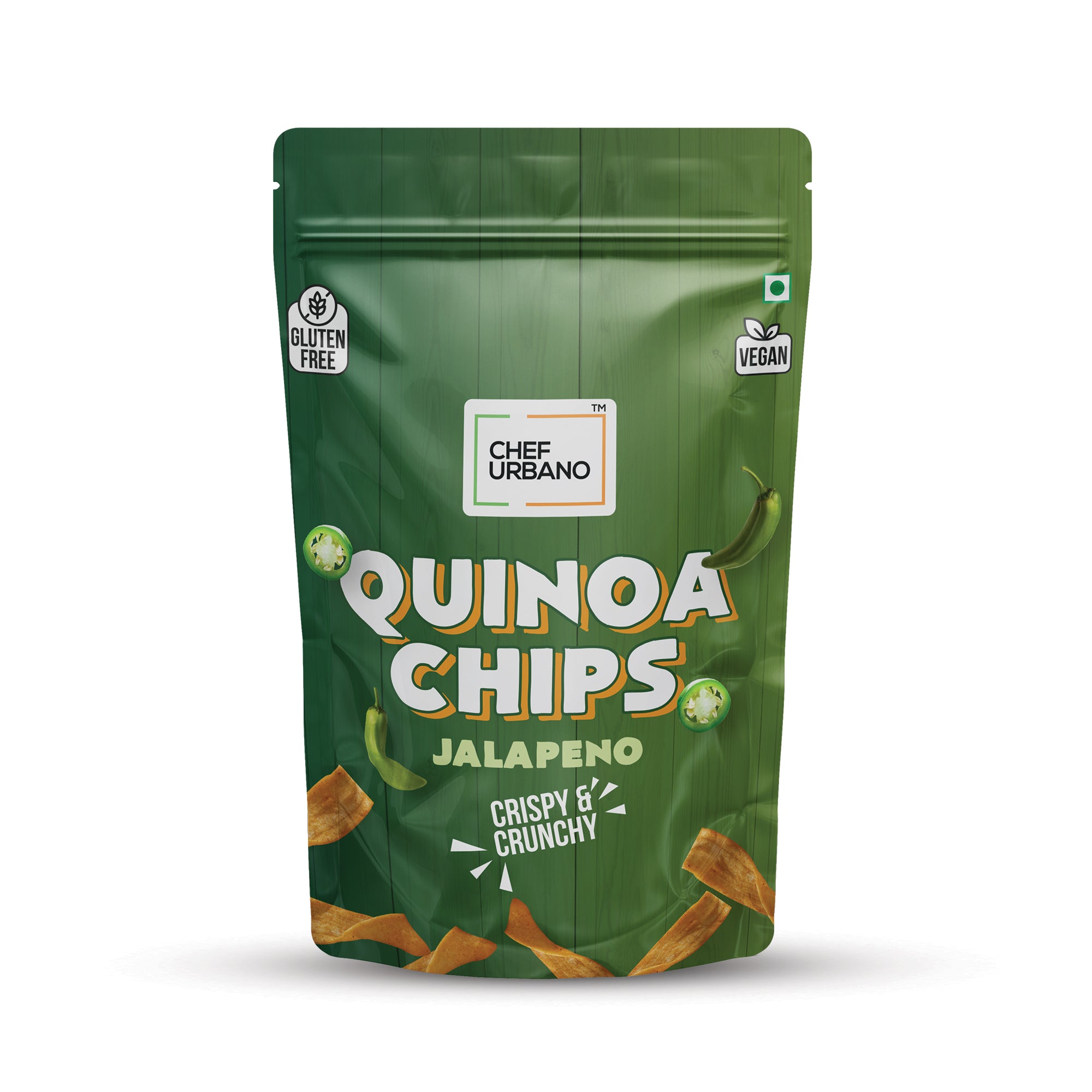
Why We Eat What We Eat: Understanding Urban Food Choices

Food is more than just a basic necessity; it shapes our health, lifestyle, and culture. In urban settings, food choices are influenced by convenience, affordability, health consciousness, social trends, and environmental concerns. The fast-paced nature of city life has transformed eating habits, making processed foods, takeout meals, and quick-service restaurants more popular than ever.
At the same time, growing awareness about nutrition, wellness, and sustainability has encouraged people to adopt healthier and more mindful eating practices. From organic foods and plant-based diets to functional nutrition, urban consumers are redefining their food choices based on various factors.
Understanding why we eat and what we eat helps individuals make informed decisions that support overall well-being, longevity, and sustainability. This article explores the key drivers behind urban food choices, how eating habits are evolving, and the impact of food decisions on health and the environment.
Why We Eat: The Motivations Behind Food Choices
Eating is essential for survival, but our food choices are not solely dictated by hunger. Various psychological, social, cultural, and economic factors influence why people eat what they do.
-
Convenience and Fast-Paced Lifestyles
In urban areas, people are constantly juggling work, commuting, social life, and other responsibilities. As a result, convenience plays a major role in food selection. Many opt for quick meals, fast food, and ready-to-eat options due to time constraints.
The rise of food delivery apps and meal kits has further reinforced this trend. With just a few taps on a smartphone, individuals can access a variety of cuisines, often prioritizing speed and taste over nutrition.
-
Emotional and Psychological EatingFood is deeply connected to emotions. Many people turn to comfort foods when stressed, anxious, or celebrating an occasion. Emotional eating often involves cravings for high-calorie, sugary, or fatty foods that trigger dopamine release, providing temporary pleasure and relief.Understanding the psychological connection between food and emotions can help individuals adopt mindful eating practices, focusing on balanced nutrition rather than impulsive cravings.
-
Social and Cultural InfluencesFood plays a crucial role in social interactions and cultural identity. In urban settings, where diverse communities coexist, exposure to different cuisines influences eating habits.
Traditional foods remain an integral part of festivals, family gatherings, and celebrations. However, globalization has led to fusion cuisines and a blend of flavors from various cultures. Social media and food influencers also play a significant role in shaping dietary trends and food choices.
-
Health and Wellness Awareness
As health awareness grows, many urban consumers are shifting toward nutritious and balanced diets. The popularity of plant-based eating, superfoods, organic produce, and functional nutrition has surged in recent years.
People are more conscious of the impact of processed foods on their health, leading to increased demand for whole foods, lean proteins, and gut-friendly options like probiotics. The rise of diet trends such as keto, paleo, and intermittent fasting further highlights the evolving relationship between food and health goals.
What We Eat: Factors Shaping Urban Food Choices
With a wide range of food options available, urban consumers make dietary choices based on availability, affordability, personal preferences, and lifestyle considerations.
-
Processed vs. Whole Foods
Urbanization has led to a rise in processed and packaged foods due to their convenience, extended shelf life, and affordability. However, processed foods often contain preservatives, unhealthy fats, and added sugars, contributing to lifestyle diseases like obesity, diabetes, and heart conditions.
On the other hand, there is a growing preference for whole, unprocessed foods, including fresh fruits, vegetables, nuts, and lean proteins. Clean eating movements and farm-to-table dining experiences are gaining popularity, encouraging people to consume nutrient-dense foods.
-
Influence of Food Trends and Digital MarketingSocial media platforms have revolutionized the way people discover and choose their meals. Viral food trends, diet fads, and influencer endorsements shape urban food culture. Whether it’s superfoods like quinoa and acai or trendy diets like veganism and high-protein meals, digital content plays a massive role in influencing consumer behavior.
Restaurants, meal-prep services, and food brands leverage digital marketing to promote their offerings, making certain foods more desirable based on visual appeal, health claims, and social validation.
-
Sustainability and Ethical EatingWith growing concerns about climate change and environmental sustainability, many urban consumers are making ethical food choices. The demand for plant-based diets, sustainable seafood, locally sourced produce, and zero-waste packaging is on the rise.
Many individuals are also opting for meat alternatives, such as tofu, tempeh, and lab-grown meat, to reduce their carbon footprint. Ethical eating practices, including fair trade products and support for small farmers, are also shaping purchasing decisions.
-
The Impact of Economic FactorsAffordability is a key determinant of food choices. While urban areas offer a diverse range of food options, the cost of healthy eating can be a challenge for many. Organic food, specialty diets, and high-quality ingredients often come at a premium price.
This economic divide influences eating habits, as lower-income groups may rely more on fast food and inexpensive processed meals, while wealthier individuals have greater access to healthier alternatives. Addressing food affordability and accessibility is crucial for promoting overall public health.
The Shift Towards Healthier and Sustainable Eating
Urban consumers are gradually embracing healthier and more sustainable eating habits. Some key trends shaping the future of food consumption include:
-
The Rise of Plant-Based Diets
Vegan and vegetarian diets are no longer niche choices but mainstream trends. The availability of plant-based protein alternatives, such as Beyond Meat and Impossible Foods, has made it easier for consumers to transition toward meat-free options.
-
Functional and Superfood Nutrition
Foods with added health benefits, such as probiotics, collagen, turmeric, and adaptogens, are becoming highly sought after. Consumers are looking for nutrient-dense ingredients that support immunity, digestion, and overall wellness.
-
Mindful and Intuitive EatingInstead of following restrictive diets, many individuals are adopting mindful eating, which emphasizes listening to hunger cues, savoring meals, and focusing on overall nourishment rather than calorie counting.
- Sustainable Packaging and Zero-Waste MovementEco-conscious consumers are pushing for sustainable food packaging, reusable containers, and reduced plastic waste. Many food brands are responding by using biodegradable materials and promoting waste-free shopping experiences.
Conclusion: Making Better Food Choices for a Healthier Future
Urban food choices are driven by a complex mix of lifestyle, convenience, social influence, health consciousness, and economic factors. While modern urbanization has led to an increase in processed and fast foods, there is a growing shift toward healthier, more sustainable eating habits.
By understanding why we eat and what we eat, individuals can make informed decisions that support personal well-being and environmental sustainability. Embracing balanced nutrition, reducing food waste, and prioritizing whole, nutrient-rich foods can contribute to a healthier society and a better future for our planet.
Whether choosing organic produce, exploring plant-based meals, or practicing mindful eating, small changes in food choices can lead to significant long-term benefits. In the evolving urban food landscape, knowledge and awareness remain the key to fostering a healthier and more conscious way of eating.


